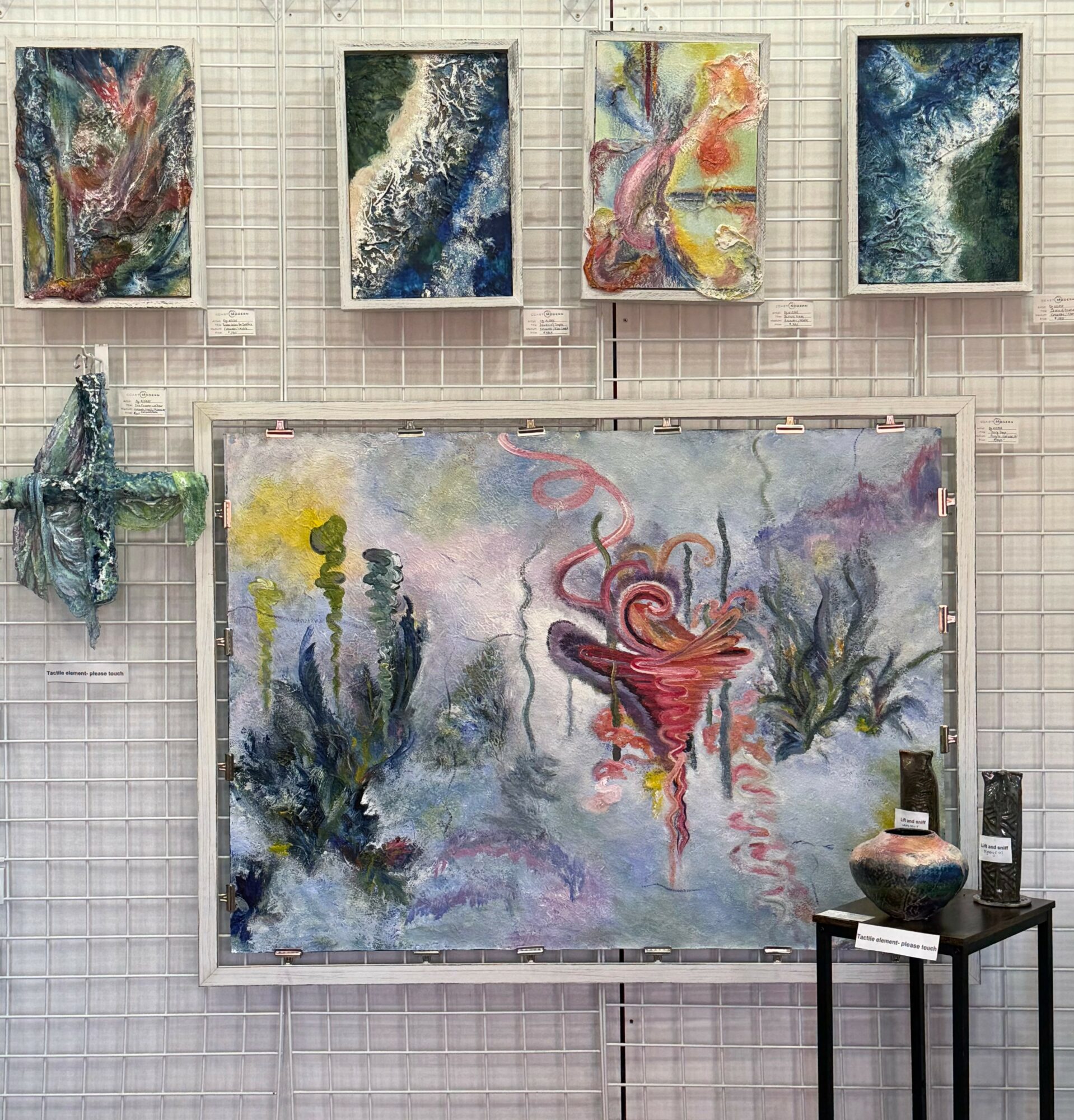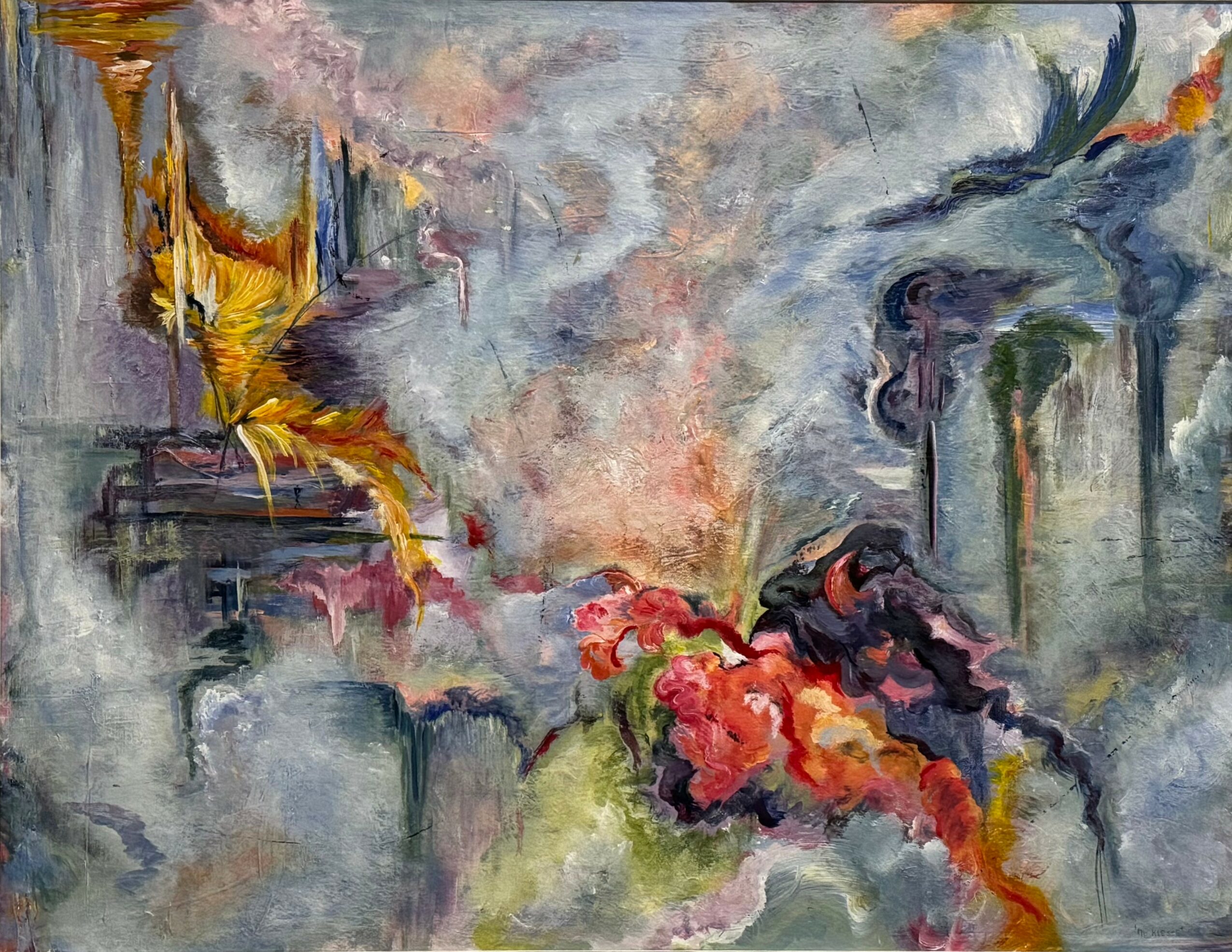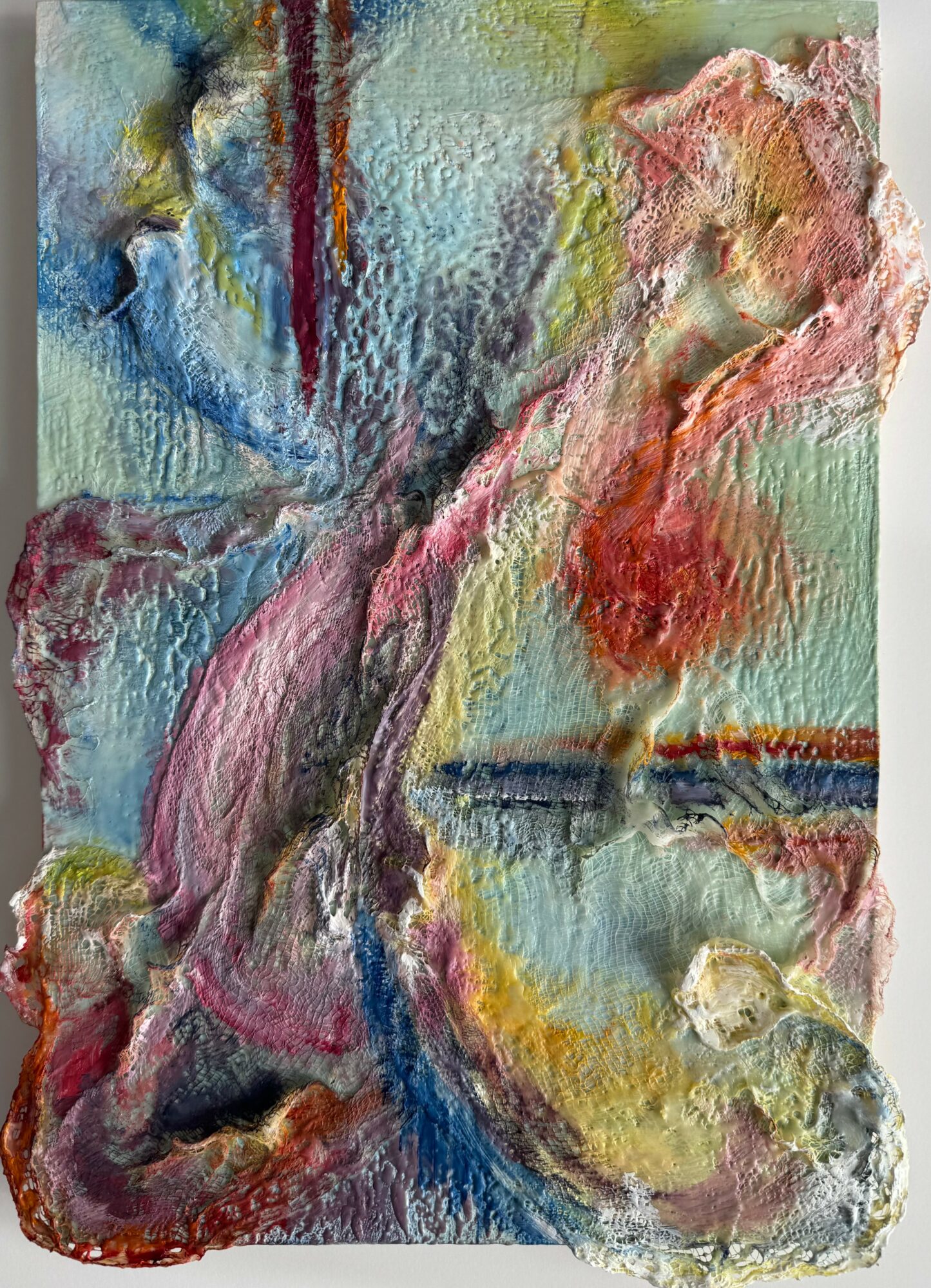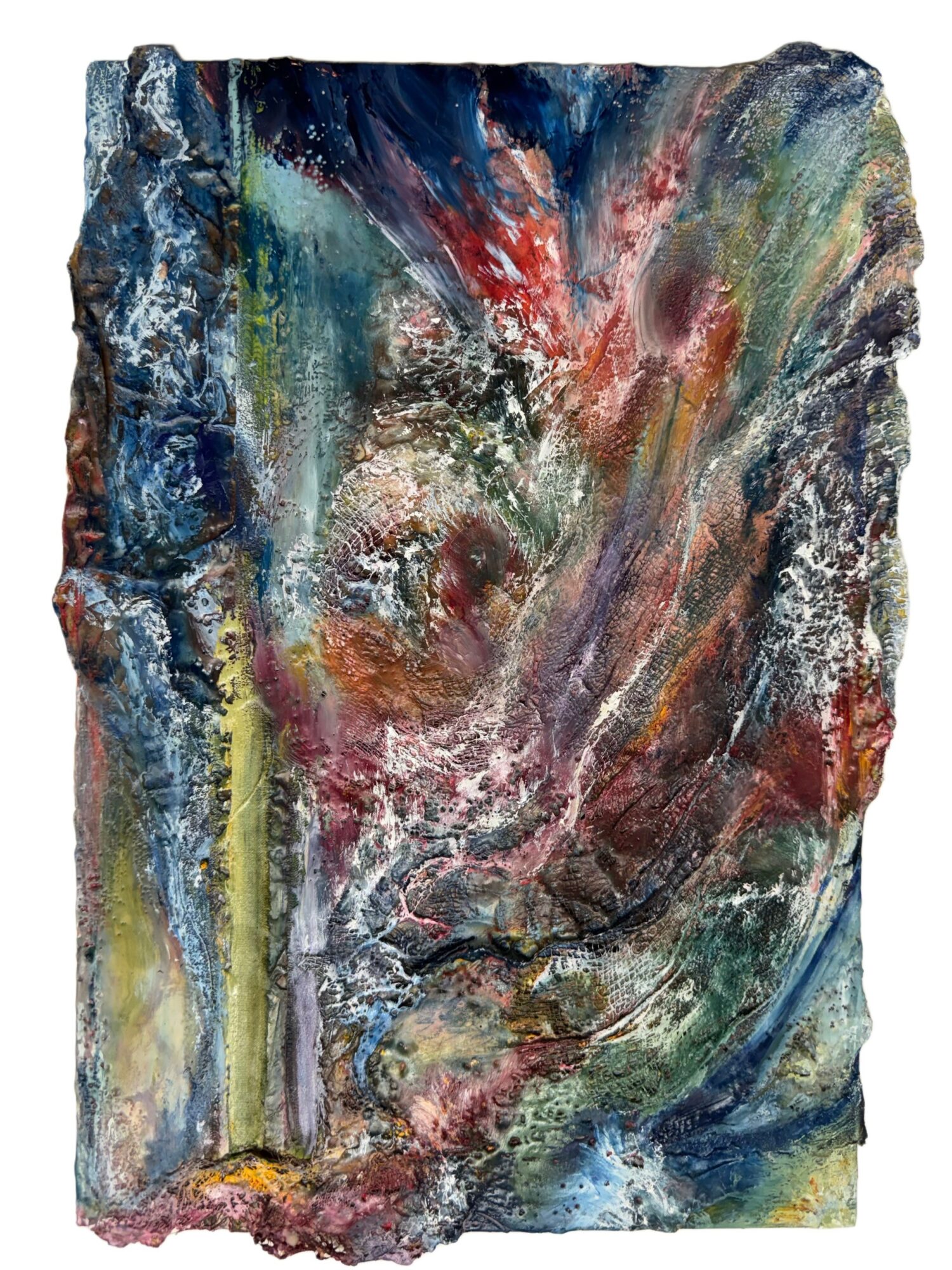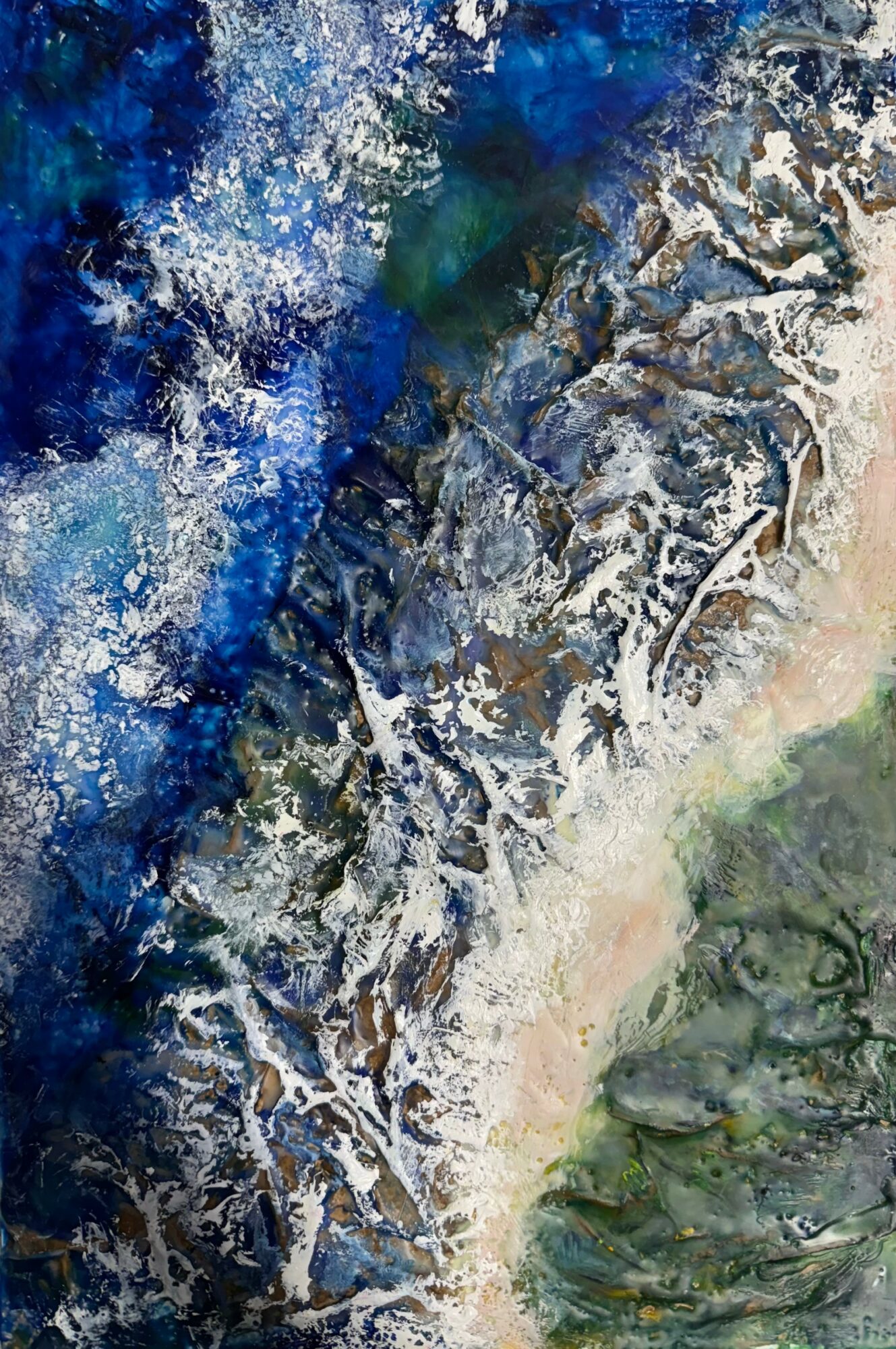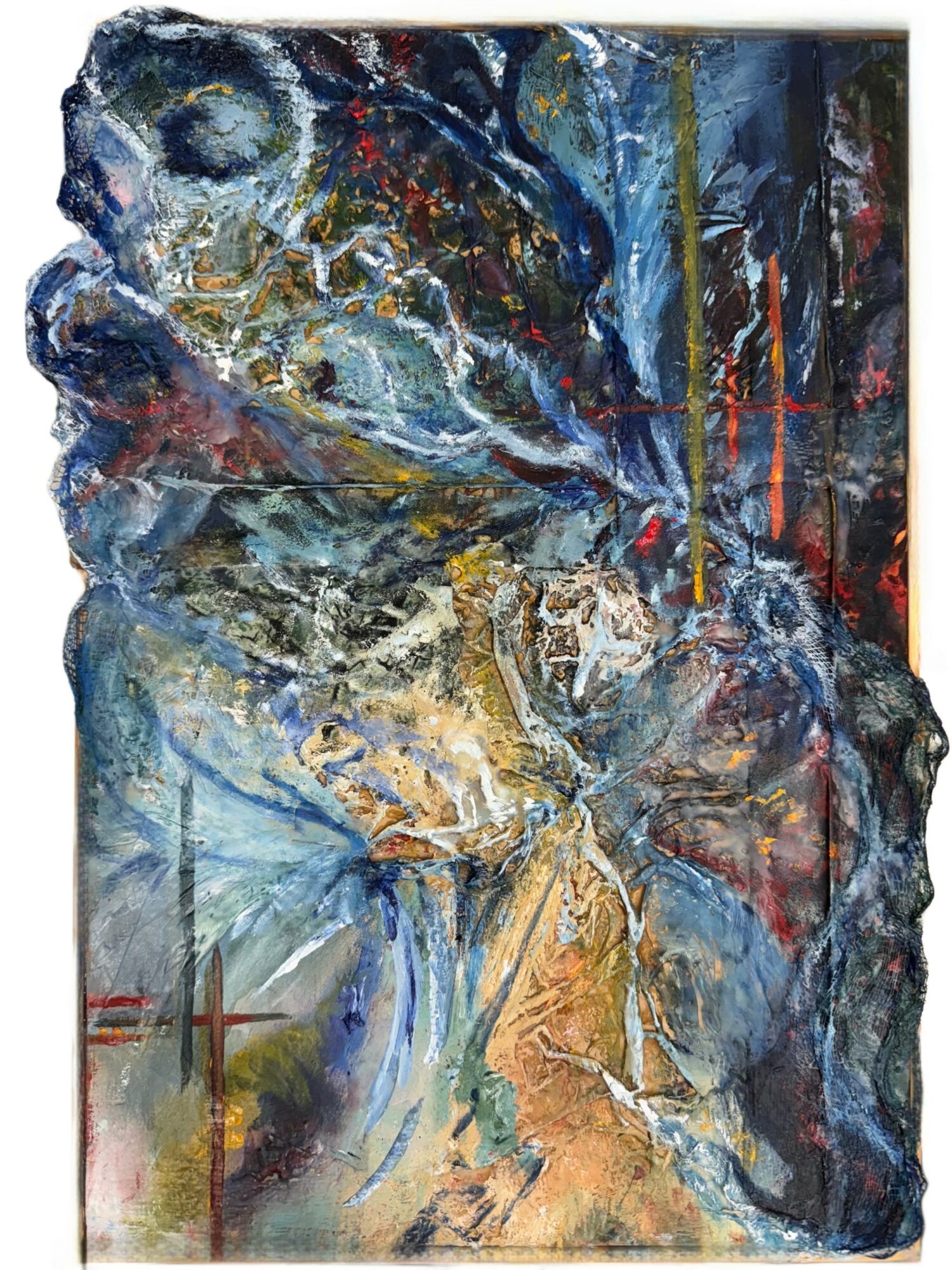

M E Klesse shared their story and experiences with us recently and you can find our conversation below.
Good morning M E, we’re so happy to have you here with us and we’d love to explore your story and how you think about life and legacy and so much more. So let’s start with a question we often ask: What’s more important to you—intelligence, energy, or integrity?
I believe integrity is one of the most important objectives in life because it forms the foundation of trust and authenticity, fostering self respect and respect from others. Unlike intelligence or energy, which can be utilized for developing life elements which may be either good or evil, integrity ensures that our abilities are directed toward what is just and meaningful. It anchors our choices and avenues in honesty and consistency, guiding us to act with fairness even when no one is watching. While intelligence sharpens the mind and energy fuels action, integrity gives both purpose and direction, allowing us to live a life which can be esteemed by both ourselves and others.
Can you briefly introduce yourself and share what makes you or your brand unique?
Art and literature were integral to my upbringing. My mother, both a painter and a musician, fostered an environment where creativity was woven into daily life. I grew up surrounded by artistic expression; from composing music and choreographing dances to constructing works from found materials, I immersed myself in the creative process from a young age. This early integration shaped my view of art not only as a form of creation but also as a way of processing and interpreting the world around me.
My education and early vocations have deeply influenced my current artistic practice. Studies in philosophy and psychology, my experience as a nurse, and my work with individuals on the autism spectrum have all shaped the inner place from which my artwork originates.
When I create, I begin with an emotion sparked by personal experience, observation, or something I’ve read. When an emotion begins to stir within me, I use creativity to explore and resolve it.
I employ a multisensory approach in presenting my encaustic, assemblage, and sculptural works. Developed through my work with people on the autism spectrum, this method allows me to more fully communicate the emotions embedded in my art. In seeking ways to help students express the intent behind their creations, I discovered that engaging multiple senses could deepen the connection between artwork and observer. My pieces are often paired with music, food, tactile elements, and scent notes to evoke sensation and invite an immersive, emotional experience.
Thanks for sharing that. Would love to go back in time and hear about how your past might have impacted who you are today. What was your earliest memory of feeling powerful?
As a survivor of severe non-parental abuse beginning in early childhood, I became acutely aware of my lack of power at a very young age. I learned that power could emerge from hypervigilance in carefully reading my surroundings to avoid danger and from using my environment to sharpen both mental agility and physical strength. I felt a deep sense of satisfaction when I became strong enough to protect myself from ambush and perceptive enough to avoid situations where I was outnumbered. As an adult, the truest sense of power came from finally breaking free from the relationship, despite years of family pressure and guilt.
What did suffering teach you that success never could?
Suffering taught me to fight for the innocent, to protect our freedoms, and to act with compassion guided by research and discernment. It cultivated perception, self-knowledge, and the strength to endure. Success alone could never teach those things; without the grounding of struggle, success often breeds insecurity, self-doubt, and an inability to sustain purpose when challenges arise. True power is forged in the fires of suffering because of its propensity to shape resilience, empathy, and clarity of spirit.
So a lot of these questions go deep, but if you are open to it, we’ve got a few more questions that we’d love to get your take on. Is the public version of you the real you?
I have to laugh at this question because the public version of me is so different from the real me that a discerning person might not recognize us as the same individual. Only my children and my daughter-in-law truly know who I am. My childhood survivor skills and the various vocations I’ve pursued each required me to shape personas that could succeed in those environments.
I can present a polished professional image and am a very effective advocate when raising funds for a cause I believe in. In social situations, I often default to people-pleasing, and I once excelled at being the life of the party. But the real me is an introvert who prefers solitude, dislikes small talk, and would rather create quietly than command attention.
Since becoming my own boss, I’ve lost patience for the self-centered behaviors that often dominate social and professional spaces. I don’t encounter many people who feel genuine or deep enough to hold my interest. I’m fortunate, though, to have a few close friends, people I don’t see often and may share little day-to-day life with, but we “get” each other on a fundamental, unspoken level.
Thank you so much for all of your openness so far. Maybe we can close with a future oriented question. How do you know when you’re out of your depth?
That’s a great question, because over the years I’ve learned that you never truly have to be out of your depth. If you enter every situation armed with research, preparation, and curiosity about the field you’re stepping into, you can be ready for almost anything.
In my early days as an ER nurse, we once received multiple critical trauma patients at once. I was assigned two adults who initially appeared stable, while the rest of the team was occupied with two critical children and one coding adult. Within minutes, both of my patients deteriorated, and no one was available to help. For a moment, I feared I would have to choose which one to save. It was a horrific situation, but there was no time to hesitate. I focused on the patient I could stabilize most quickly, and through that decision, managed to save them both.
That experience changed me. From then on, I made it my mission to handle every critical case possible and to study medical literature relentlessly so I could respond to any emergency with clarity and confidence. When you’ve learned how to manage true life-and-death situations, very little else in life can make you feel out of your depth.
Contact Info:
- Website: https://www.meklesse-designs.com/
- Instagram: M E Klesse
- Facebook: MEKLESSEDesigns
